Memory training:
how to memorize text
We will teach you how to memorize articles, journals, textbooks, books, lectures, laws, encyclopedias, and other complex texts
What is this?
This is an intensive online text memorization training.
A mnemonic device, or memory device, is any learning technique that aids information retention or retrieval (remembering) in the human memory for better understanding
Who is the text memorization training for?
For those who have completed basic memory training and want to work in-depth with journals, articles, textbooks, books, lectures, laws, encyclopedias.
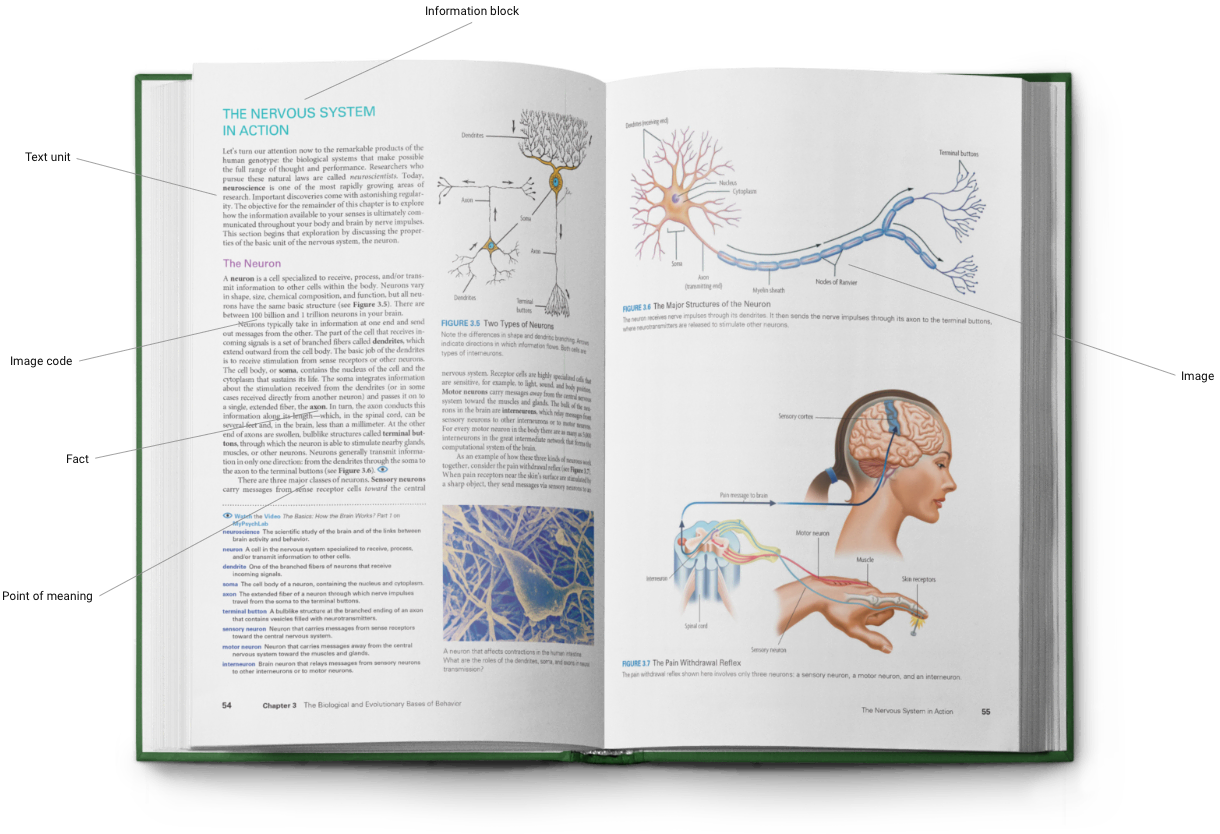
Memory trainer

Text memory training program
The first day—mastering the principles and memorizing a simple text
10:00-11:30
Principles of memorizing text
- three levels of text: information block, paragraph, facts;
- two criteria for the quality of text memorization;
- two approaches to the text: linear and nonlinear memorization;
- four levels of memorization precision: involuntary memorization, main sections, paragraphs, facts;
- three floors of the text pyramid: the text, the semantic anchor point, the image;
- text collapsing and expanding;
- memorization algorithm: from the paragraph to the information block;
- practice: start with anecdotes—the simplest text, but a text that is nevertheless complete in meaning.
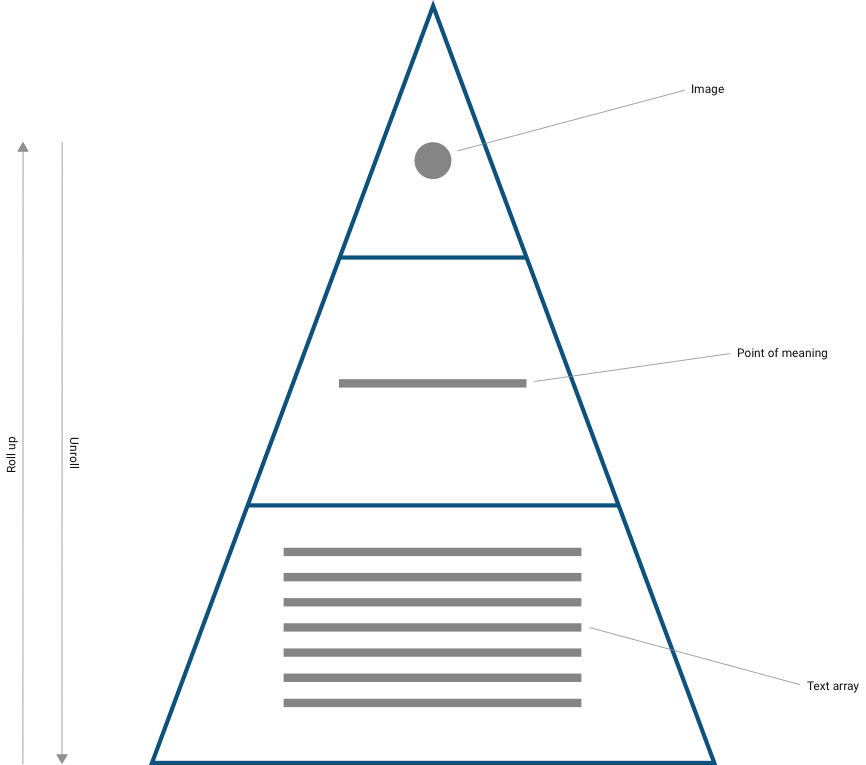
12:00-13:30
Text passages
- how to memorize factual information and encyclopedic information;
- practice: memorizing passages from scientific journals.

Secrets of the mnemonist: the more exact facts in the text, the closer to the text he memorizes. The more difficult it is for others, the easier it is for him
14:30-16:00
Simple articles
- how to memorize short articles with few facts;
- practice: memorizing articles on history, literature, and art.

16:30-18:00
Difficult articles
- how to memorize long articles with lots of facts;
- practice: memorizing Wikipedia articles.

The second day—memorizing a difficult text
10:00-11:30
Textbooks
- how to upload textbooks in their entirety in your head, capturing the sequence of terminology, the hierarchy of concepts, and the table of contents;
- practice: memorizing a textbook based on the sequence of terms and definitions;
- practice: memorizing a textbook based on a hierarchy of concepts;
- practice: memorizing a textbook based on the table of contents.
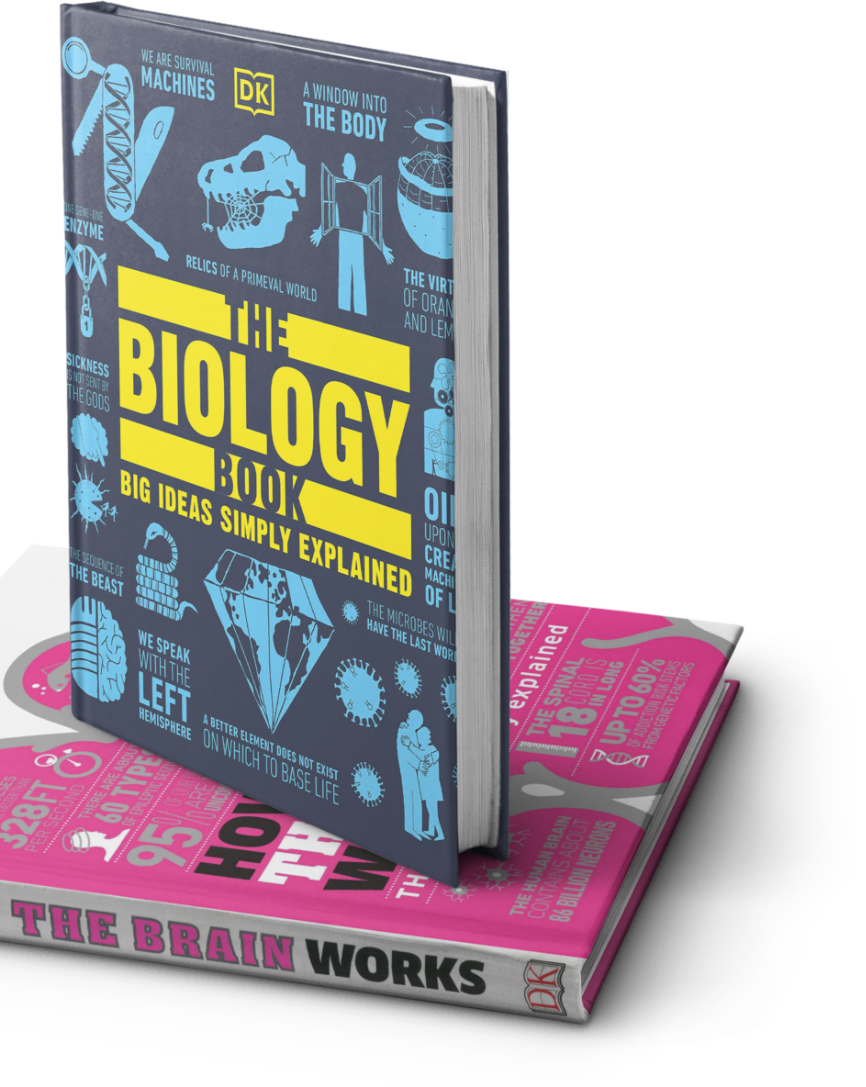
Many people think that the most difficult textbooks are in chemistry, physics, and medicine. But it is much harder to memorize psychology, philosophy, and other sciences, where much goes beyond the sensory experience
12:00-13:30
Lectures and methodological literature
- how to memorize lectures to perform without paper;
- how to memorize methodological literature to put the information you read into practice;
- practice: memorize verbatim Winston Churchill’s first speech as Prime Minister;
- practice: memorizing Robert Cialdini’s “Influence: The Psychology of Persuasion.”
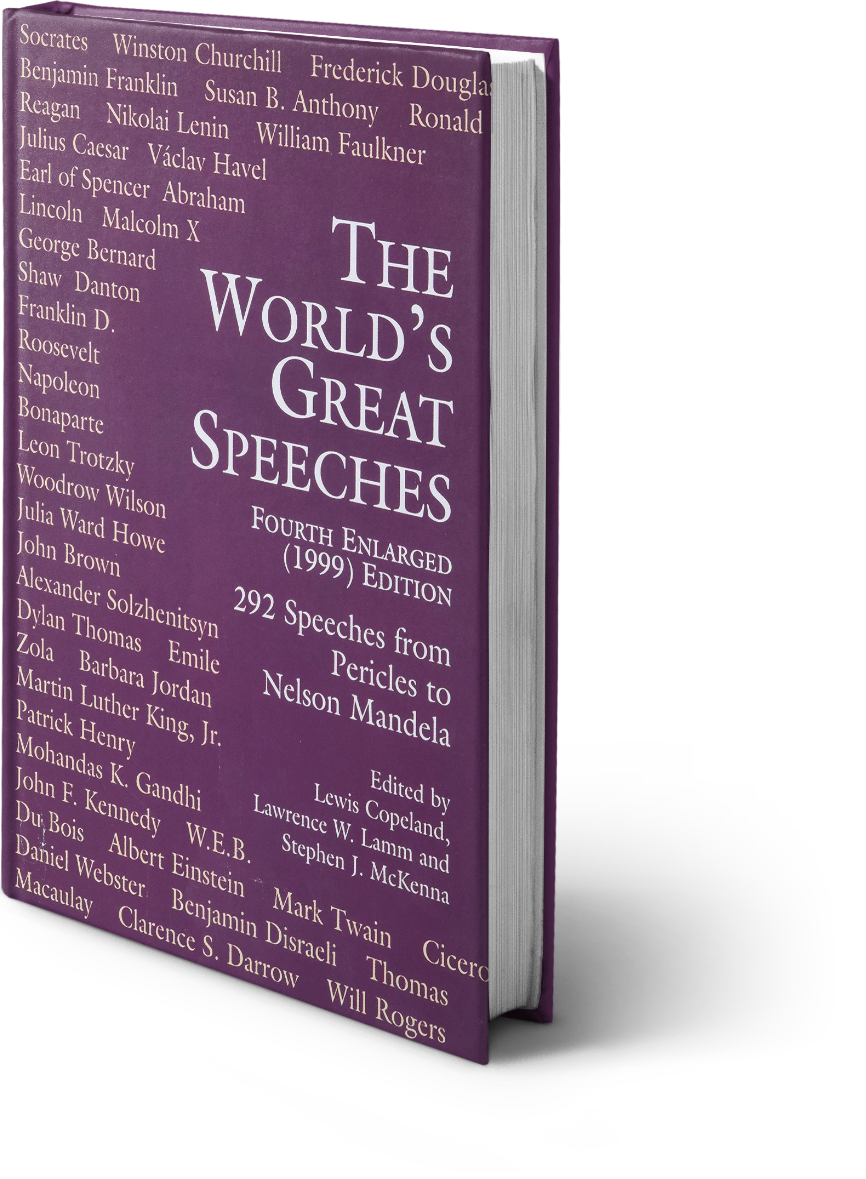
In “Polyglot” training, we memorize the same Churchill speech verbatim, but we check it against the audio and copy his intonation exactly as it was
14:30-16:00
Books
- how to memorize the main points of books;
- practice: memorizing Jared Diamond’s “Guns, Germs, and Steel.”

Diamond’s book was named one of time’s a best non-fiction books of all time. We don’t keep bad books in our memory training
16:30-18:00
Laws
- how to memorize the wording, sequence, structure, and numbering of articles of law and regulations;
- practice: memorizing Codes—this will be an example of memorizing voluminous collections of laws.
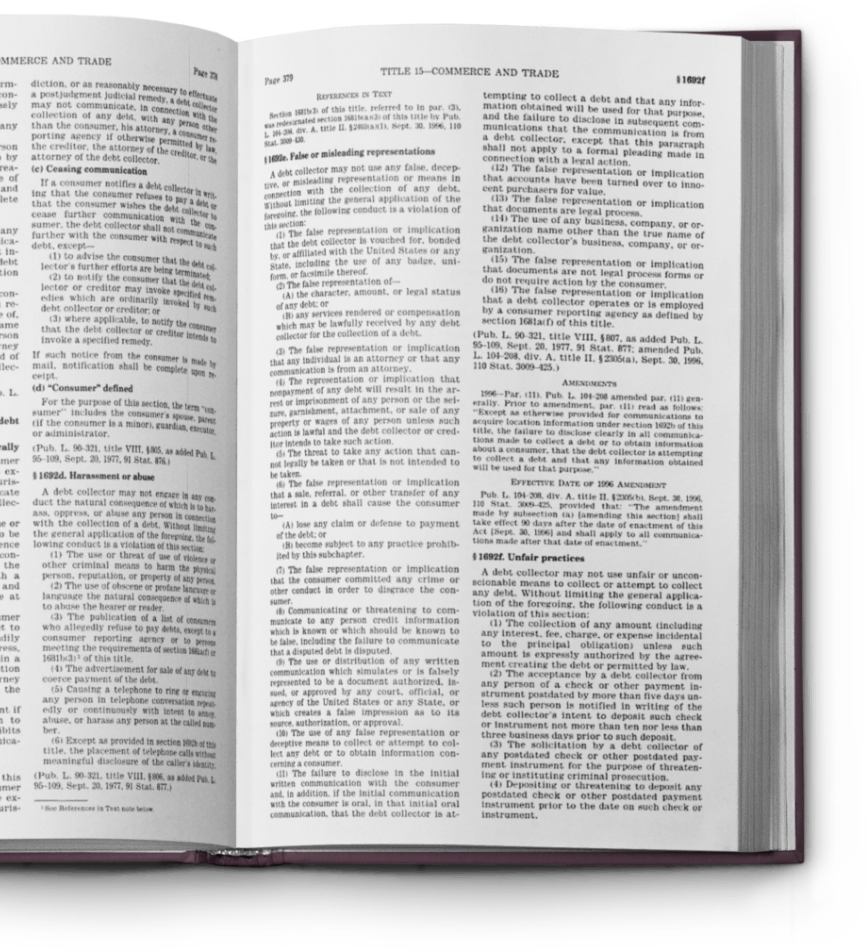
At the training, we memorize the specific laws and regulations that participants ask for
2 days on Saturdays, 2025
and
unlimited support in the Mastergroup
(pay once and then work with a trainer for life)
UTC+1
in your local currency at the exchange rate of your bank
“I’ll be glad to see you again”
